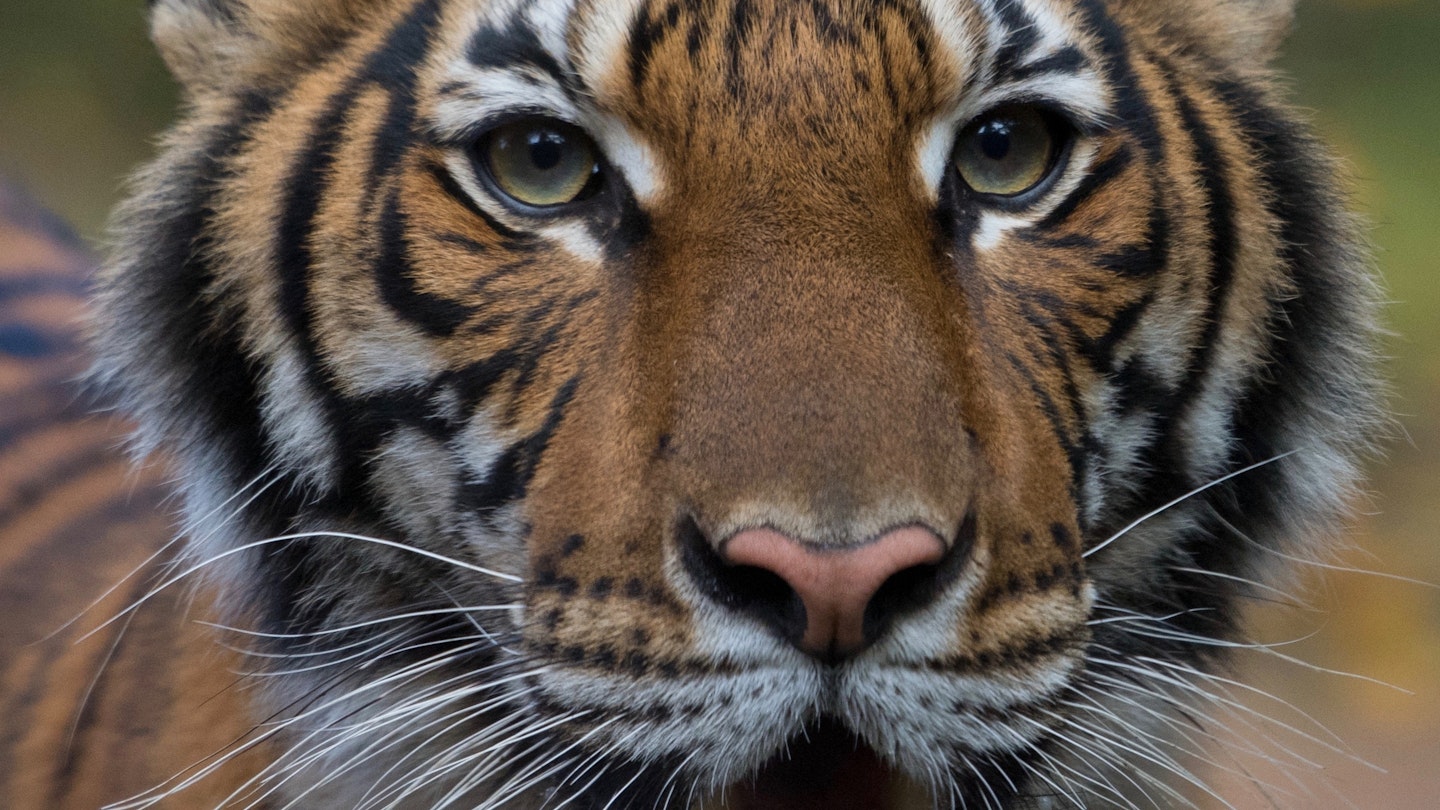Nadia the Malayan Tiger: COVID-19 Positive Case at Bronx Zoo
In a significant health development, one of the Bronx Zoo’s tigers, Nadia, has tested positive for COVID-19. This case marks what appears to be the first known animal infection in the US, as announced by the Wildlife Conservation Society.

Nadia, a 4-year-old female Malayan tiger, was diagnosed after she, along with six other big cats, began to exhibit a dry cough. The positive test result was confirmed by the USDA’s National Veterinary Services Laboratory. Zoo officials believe these animals—Nadia’s sister, two Amur tigers, and three African lions—contracted the virus from a caretaker who either developed symptoms later or was asymptomatically infected during interactions with the cats. The Bronx Zoo has remained closed since March 16.
While the appetites of the affected felines have decreased, the zoo reports that they are “otherwise doing well under veterinary care, remaining bright, alert, and interactive with their keepers.” The zoo also expressed uncertainty about how COVID-19 might progress among big cats, as different species may respond uniquely to such infections. Consequently, close monitoring continues, with expectations of complete recoveries.
According to the USDA, there’s currently no evidence suggesting that pets or other animals can transmit the virus to humans. However, the agency advises that “anyone sick with COVID-19 should restrict contact with animals out of an abundance of caution during their illness, just as they would with other people.”
Zoo staff have implemented preventative measures for the cats, akin to protocols established for primates. “Given the close genetic relationship between some of our animals and humans, especially our gorillas, we have established rigorous primate protocols,” stated Jim Breheny, director of the Bronx Zoo and executive vice president of the Wildlife Conservation Society. He added that workers interacting with primates are required to wear masks and face shields to protect both staff and animals from potential pathogens.
“We tested [Nadia] out of an abundance of caution,” the statement from the zoo further elaborates, “and we are committed to ensuring any insights we gain about COVID-19 will support global understanding of this novel coronavirus.”
The novel coronavirus (COVID-19) is now recognized as a global pandemic. Learn what this means for travelers.




